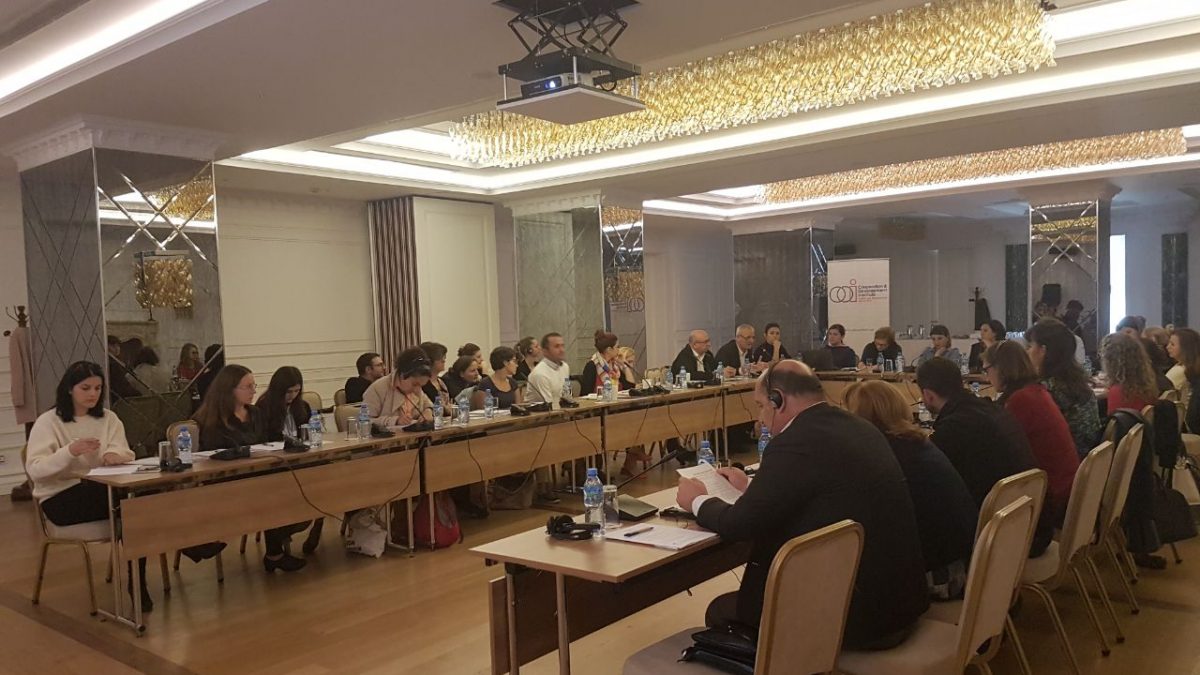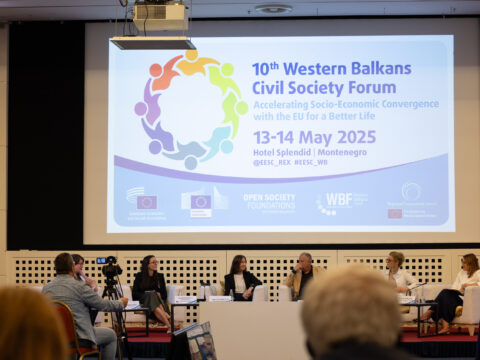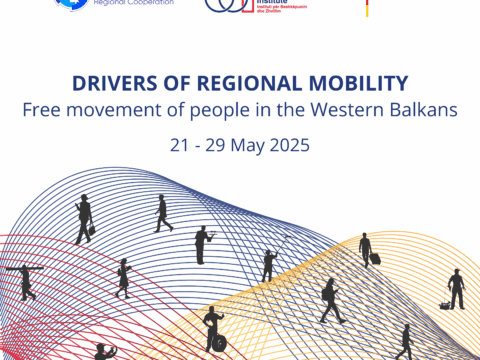Cooperation and Development Institute research team and Hanns Seidel Foundation presented the second part of the study on the recent Albanian Migration to Germany and their return and reintegration challenge.This migration wave differed from the previous ones because of the motivation that triggered the decision to migrate. More than to obtain a better job or a higher income (main push factors of the previous migrations to Greece or Italy), Albanians migrated this time to get closer to their life goals – those goals being economic, social or simply personal development. The migrants estimated to connect to their desired future in an easier way in Germany than in their home country.
The biggest added value of their stay in Germany was in their contact with the functioning of German state and of public service – mainly social, education, and health. This brought a major evolution in their perception of how the state should relate to the citizen.
The main challenges they faced upon their return related to children’s education, health issues, and unemployment. The special role of Albania-based religious charities – Christian or Muslim ones – in facilitating their return was underlined.
The presentation was followed by a constructive debate where returnees, representatives of Albanian institutions, researchers, GIZ representatives in Albania, academicians, and NGOs shared their point of view.
The complete research report will be published before the end of the year.
Here you can consult the Summary of the findings and the Agenda of the Round-table













